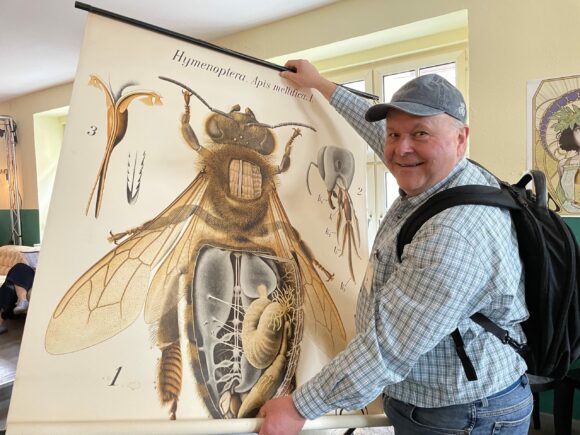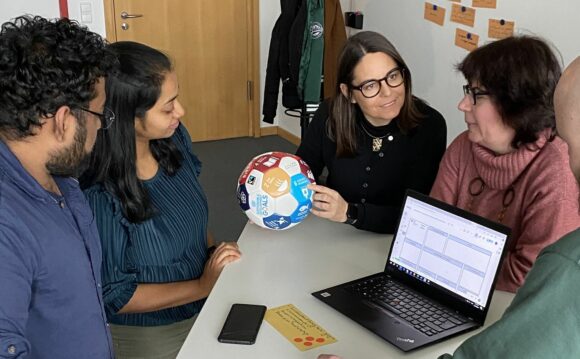Since July 31, 2022, the active phase of the DIGITAL REGIONS network project at the Institute for Information Systems (iisys) has been completed. The project promoted the exchange between eight European partners and regional multipliers since July 2019. All partners looked for successful examples of the implementation of digitization in production in their respective regions and discussed them with a number of associations, business development agencies, and other stakeholders from business and politics. The goal was to gain productive ideas for Upper Franconia from this.
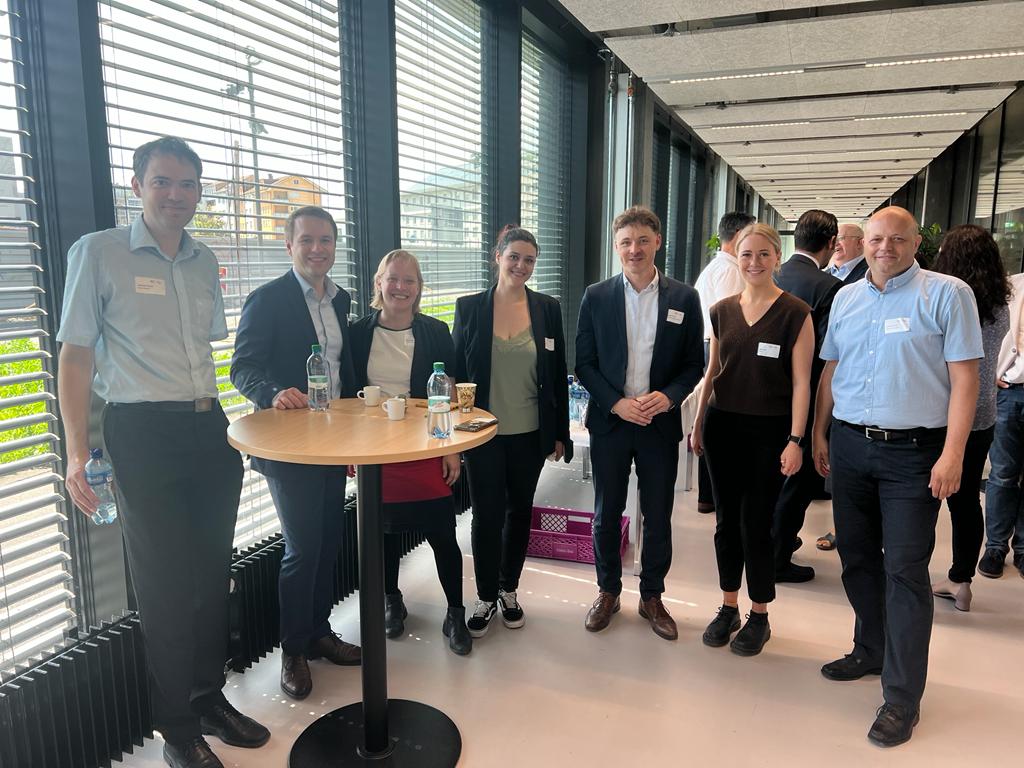
Practical examples from Upper Franconia
From Upper Franconia, the Hof University of Applied Sciences project team submitted the following proven examples from the region:
- Research project of iisys with Gealan, the Digital Manufacturing Workplace
- Establishment of the digital start-up center Einstein1
- Co-Learning Lab workshops
- Energy monitoring app developed at the Institute for Water and Energy Management (iwe) in the “Green Technology Workshop”
Well-connected stakeholder group in the region
In turn, the project team and the so-called “Regional Stakeholder Group from Upper Franconia” discussed the success stories from the partner regions. Subsequently, the ideas were implemented in alignment with the needs of the home region and the Europe-wide ideas. In the last joint meeting, the stakeholders discussed the resulting action plan for Upper Franconia. It was emphasized that despite the broad-based funding programs for digitization in Upper Franconia, access to funding is not always easy, especially for SMEs.
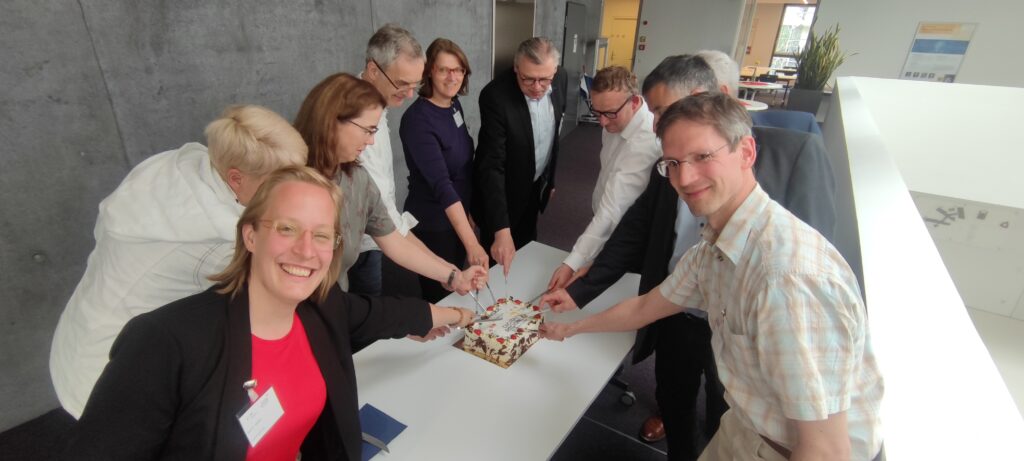
Professor Valentin Plenk, Vice President Research & Development, and Professor René Peinl, Scientific Director of iisys, have been involved in the network project
The exchange with stakeholders was interesting to get to know the “other side” of project application processes.”
Prof. Dr. René Peinl
Professor Plenk adds, “The networking of stakeholders has led to a better understanding of the needs of the region and created a better channeled dissemination and bundling of information among them.”
SMEs in European regions face same challenges
In the last discussion in the European partner group in the project, the group emphasized that the Swiss partner region, for example, has very similar challenges to the German, Irish and Portuguese partners: there is a broad-based, traditional middle class for which start-up programs for digitization are available – but these are not always easy or obviously accessible.
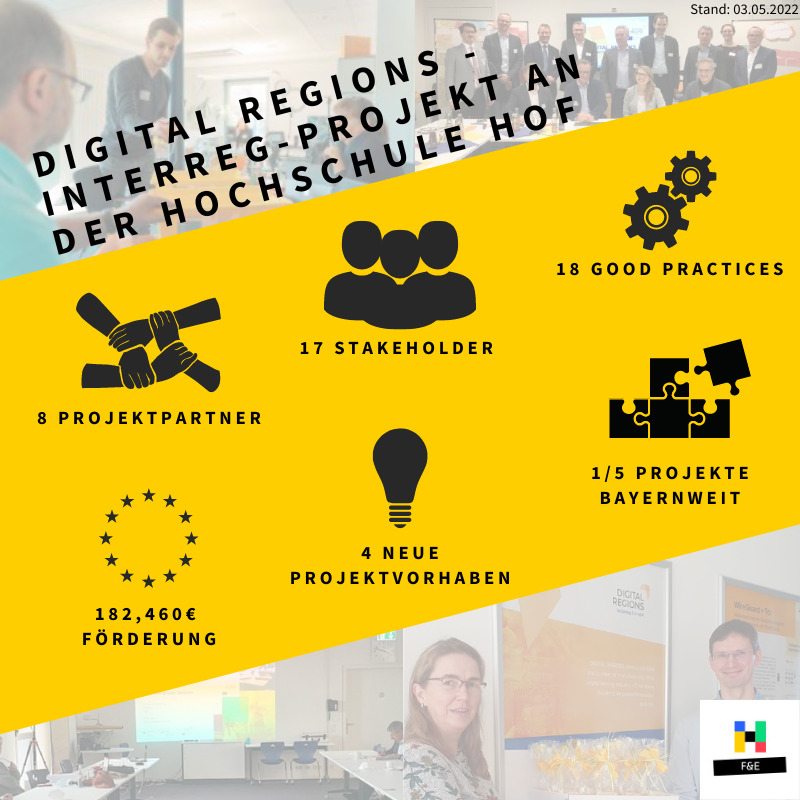
The project team consisting of Anne-Christine Habbel, project manager, and Katrin Müller, project manager, are equally sorry to see the project come to an end: “We have made excellent international contacts in Europe,” says Katrin Müller. And Anne-Christine Habbel adds: “I would not have thought what a diverse impact a single project can have on the university as well.”




